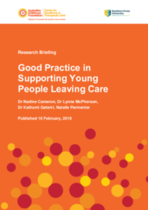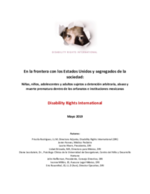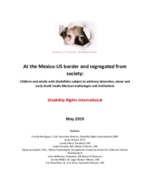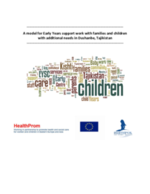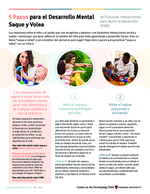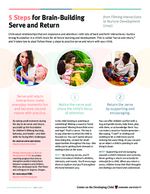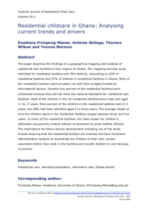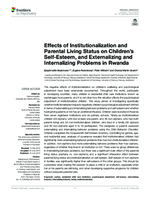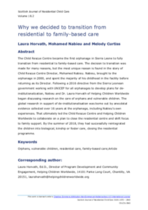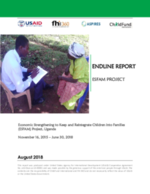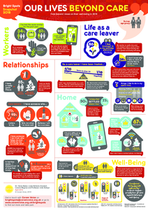The shame and shaming of parents in the child protection process: findings from a case study of an English child protection service
Given that research identifies parental experiences of shame and humiliation in the child protection process, this article reports on a qualitative study that investigated how and why parents experienced such emotions within the English system.

